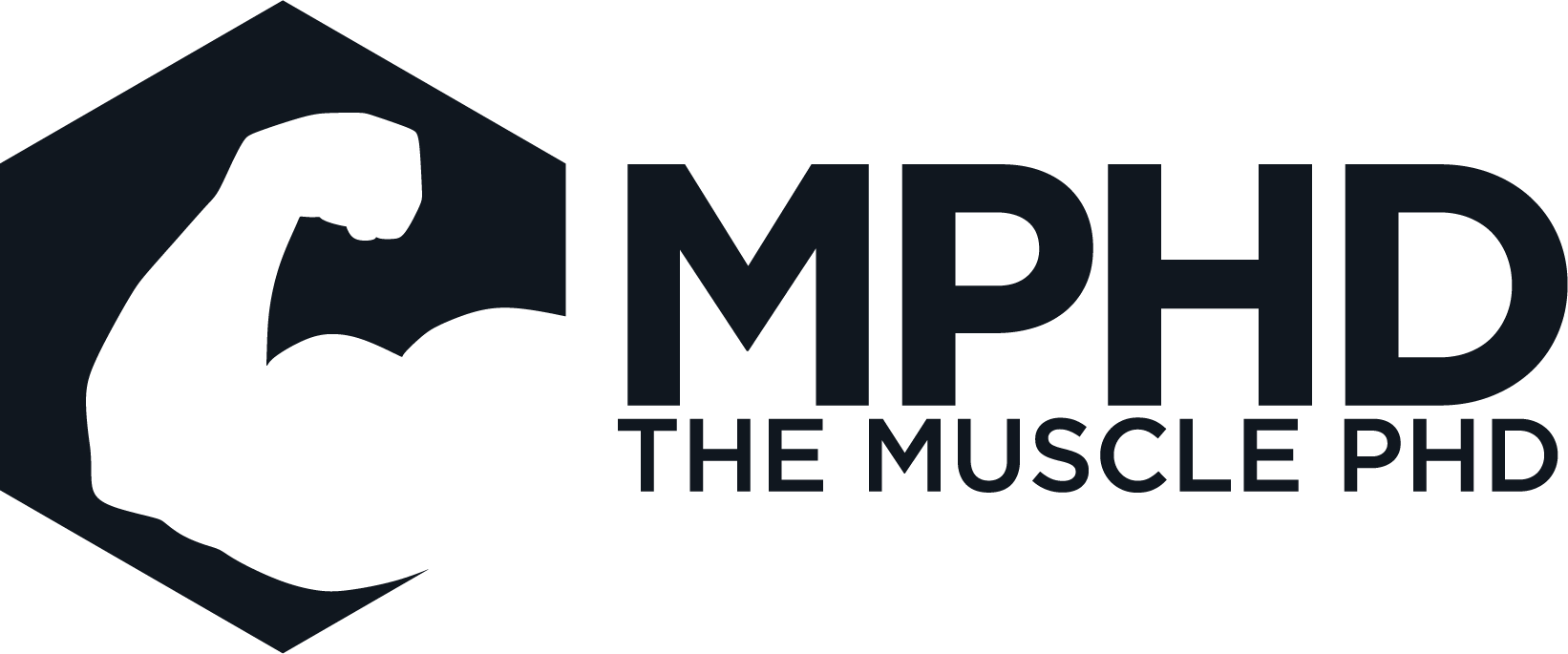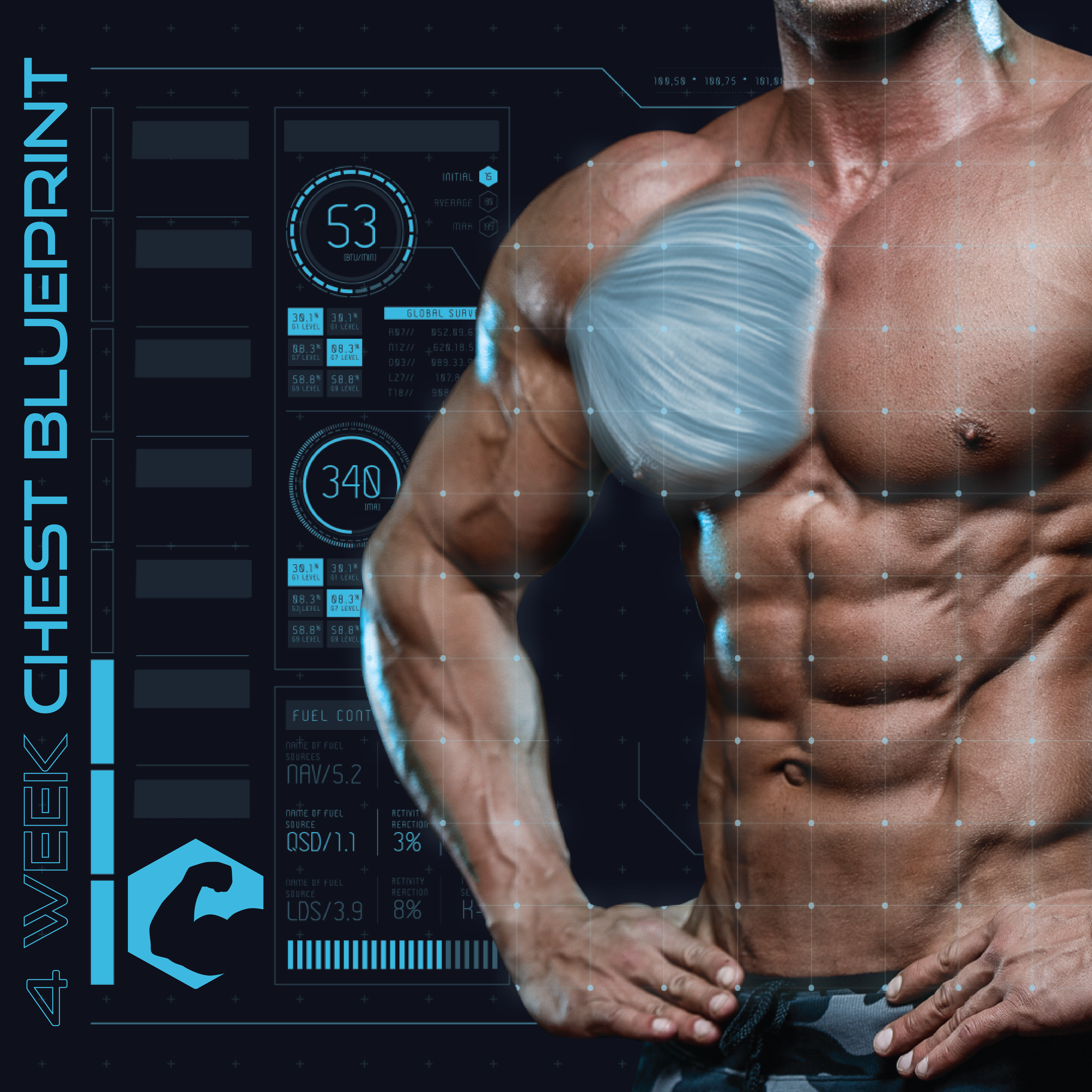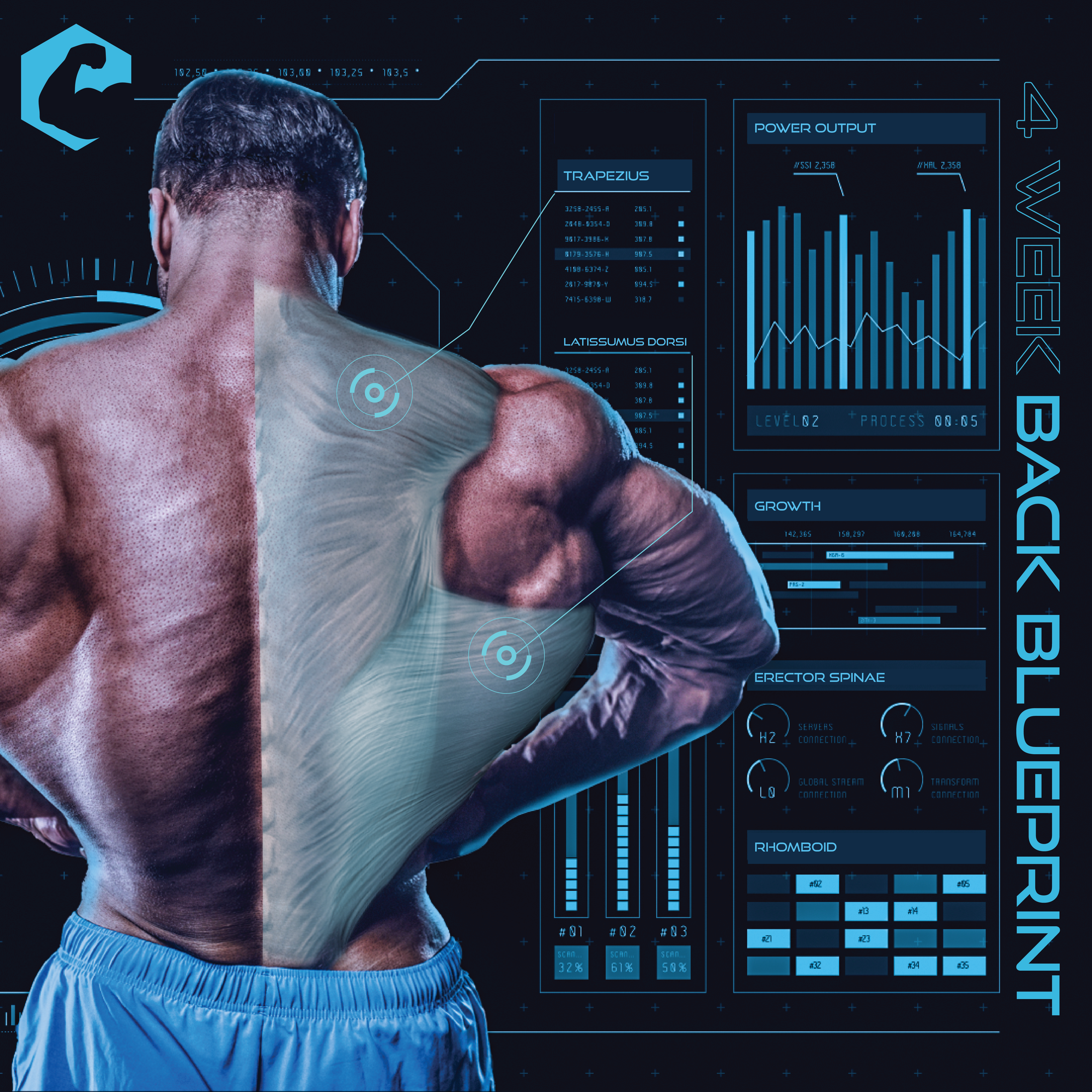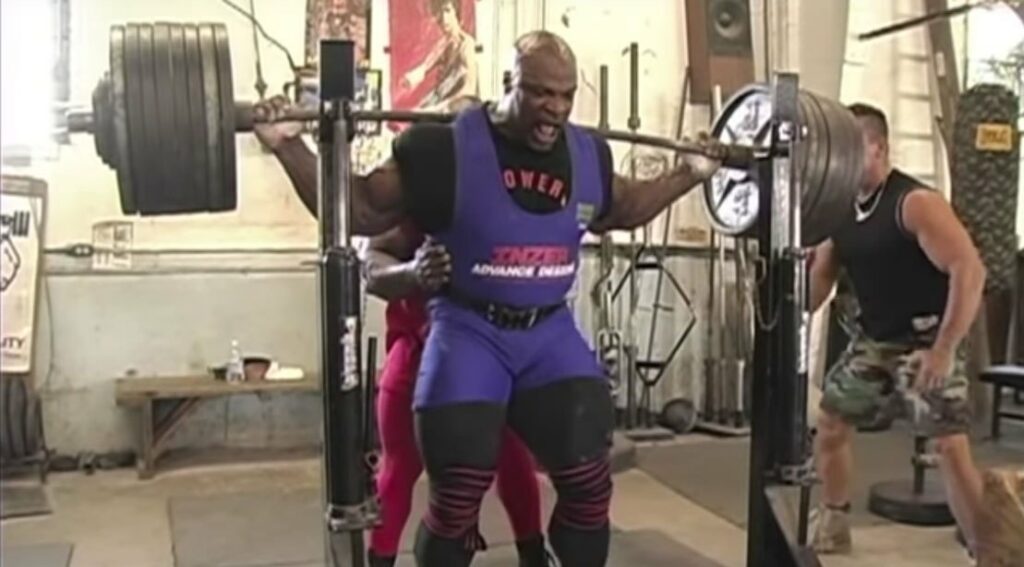Introduction
For those of you who are out of the loop, recently I teamed up with The Vitamin Shoppe’s Wellness Council to help provide more evidence-based training and nutrition recommendations to their readers. The Vitamin Shoppe is a fantastic company dedicated to helping people reach their fitness and health goals and I highly recommend checking them out for all of your supplement needs (here). In the mean time, I’ll also publish the articles I write for them here so that all of the readers on The Muscle PhD platform get to benefit from this partnership as well. Stay tuned, big things are going to come from The Vitamin Shoppe’s Wellness Council!
With that being said, let’s get into one of those articles here. What are some of the most common mistakes I see when concerning the use of dietary supplements?
1. More is Better, Right?
 I think the first mistake that people tend to make with sports supplements is the thought that, “more is always better.” And I perfectly understand this frame of mind – many people who are training to build muscle or maximize their performance are going to have a more aggressive approach to making progress and that may blind them to some of the intricacies involved with supplement dosing.
I think the first mistake that people tend to make with sports supplements is the thought that, “more is always better.” And I perfectly understand this frame of mind – many people who are training to build muscle or maximize their performance are going to have a more aggressive approach to making progress and that may blind them to some of the intricacies involved with supplement dosing.
The first of these scenarios that I often see is with creatine. A lot of bodybuilders or fitness enthusiasts seem to think that creatine loading is absolutely necessary to get the most out of creatine – and, in part, they’re not completely wrong. However, simply taking 3 grams of creatine a day for about a month will result in similar creatine saturation as taking 20 grams a day for 5-7 days (6). Since most fitness enthusiasts will use creatine in the long term, aggressively loading creatine really isn’t necessary.
In that same token, taking 3-5 grams per day is plenty of creatine for 99.9% of the population (6). However, we’ll often see bodybuilders that think that taking twice this amount will net them extra benefits, when in fact we know that taking beyond this amount will not garner any additional performance enhancement in the long term.
I also see this a lot in protein supplements. We see people taking 3-scoops at a time thinking that they need 75 grams of protein after their workout for maximum gains. The research has shown, however, that for most individuals, about 20-25g of whey protein will maximize protein synthesis. Larger and more experienced trainers may be better off taking up to about 40 grams of whey protein but taking much beyond this amount in a single meal probably won’t benefit muscle growth (4).
All-in-all, research has defined proper intakes for many dietary supplement ingredients, and taking massive amounts beyond these intakes probably won’t do much but wreck your wallet. Your overall diet and training efforts are still the most important components of making progress to your goals!
2. Massive Amounts of Carbohydrates in Mass Gainers
The whole purpose of a mass gainer is to get a ton of calories in a single shake – you want to gain mass, right? However, I’d assume you’d like to gain quality mass rather than just bloating up like a balloon. If you simply want to gain weight, a high carb mass gainer is probably fine. But if you’re looking for clean gains, a high carb gainer probably isn’t the best choice for you.
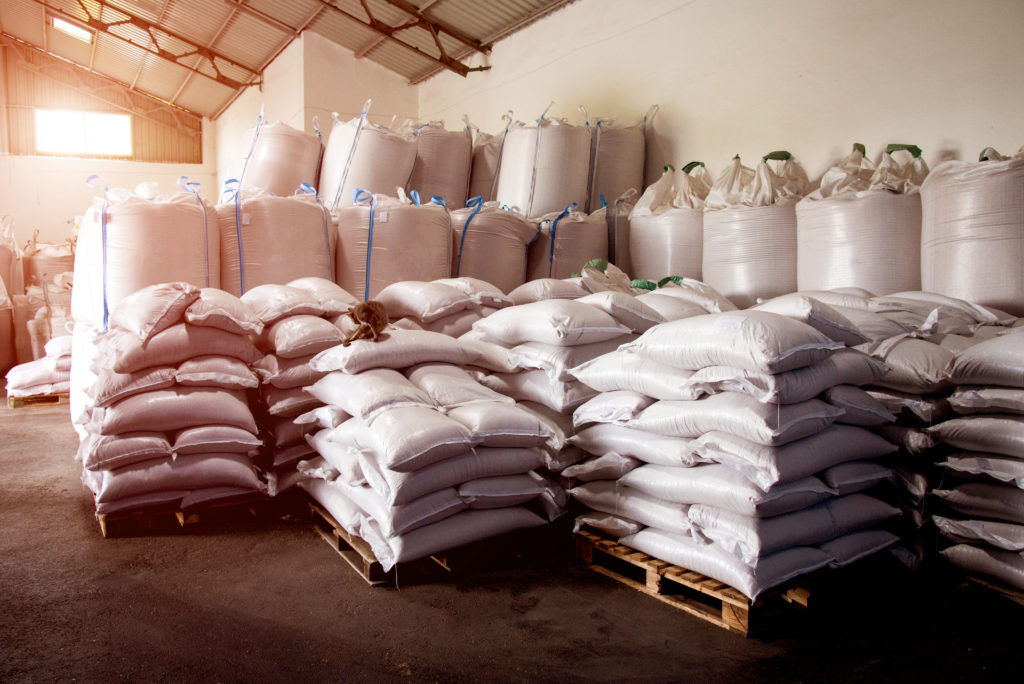 First off, we need to understand that carbohydrates really don’t help build muscle. Increasing the rate of muscle protein synthesis is necessary to build muscle – muscle protein synthesis simply refers to the creation of new muscle proteins, and the two primary stimulators of muscle protein synthesis are resistance training and protein intake – especially BCAAs (10).
First off, we need to understand that carbohydrates really don’t help build muscle. Increasing the rate of muscle protein synthesis is necessary to build muscle – muscle protein synthesis simply refers to the creation of new muscle proteins, and the two primary stimulators of muscle protein synthesis are resistance training and protein intake – especially BCAAs (10).
Studies show that carbohydrate intake following training doesn’t really do much for increasing muscle protein synthesis (1). In addition, consuming carbs in addition to protein doesn’t increase the rate of muscle protein synthesis beyond consuming protein by itself (5). So what gives? Why consume carbs in a mass gainer?
First off, we need to remember that muscle protein synthesis is maxed somewhere between 20-40 grams of whey protein like we discussed above. This would only result in about 80-160 calories, which isn’t going to help much in weight gain efforts. So what do supplement companies often do? Add hundreds of grams of carbs to their mass gainer to increase calorie content!
The problem with this practice is that resistance training doesn’t cause as much carbohydrate depletion as long endurance training sessions do (3). Therefore, you may only need about 40-50 grams of carbs to replace what you burned during your training session, so when you take 100+ grams in your mass gainer after your workout, you’re well over the mark for carbohydrate replenishment. Now, that’s not always a bad thing, but consistently doing that day-in and day-out can reduce insulin sensitivity and impair long term gains – I don’t think anyone wants that!
Lastly, many will recommend carb intake post-resistance training due to insulin. Many claim insulin to be the most anabolic hormone as it is responsible for shuttling nutrients into muscle cells to help recovery and building processes. While insulin can certainly help promote gains, many mistakenly think that only carbs can stimulate insulin production. In fact, studies show that whey protein can stimulate insulin production to the same degree as white bread (7) which is often the gold standard for comparing insulin stimulation. Therefore, smashing a ton of carbs in a post-workout shake might not be the best call for individuals looking to make clean gains.
If you’re wanting to gain muscle without putting on too much fat, your overall diet plays a massive role. While that’s outside the scope of this piece, just keep in mind that you don’t need hundreds of grams of carbs after a resistance training workout to build muscle. Most people will be fine with about 40-50 grams of carbs and 20-40 grams of protein. If you’re on keto, shoot for about 0.25 grams of fat per pound of body weight after your workout as this can replenish muscle carbohydrate stores just as well as carbs (11).
3. Thinking Protein Timing Does Not Matter
 The last mistake that people often make is thinking that supplement timing does not matter, especially when it comes to protein. This thought probably originates from a recent review that concluded by saying protein timing is not important for gains (8). But, the problem is that many of the studies analyzed in this review do not even assess timing as a variable! In fact, we really only have one good study in which protein timing was the major variable – in addition to the subject population having a decent amount of training experience and undergoing a full body training plan (2). The results of this study were clear: consuming your protein supplement before and after training is more effective for gains than consuming it at other times during the day!
The last mistake that people often make is thinking that supplement timing does not matter, especially when it comes to protein. This thought probably originates from a recent review that concluded by saying protein timing is not important for gains (8). But, the problem is that many of the studies analyzed in this review do not even assess timing as a variable! In fact, we really only have one good study in which protein timing was the major variable – in addition to the subject population having a decent amount of training experience and undergoing a full body training plan (2). The results of this study were clear: consuming your protein supplement before and after training is more effective for gains than consuming it at other times during the day!
Why is this the case? Well, we have to talk about the anabolic window. The anabolic window is the period of time after your workout in which muscle protein synthesis rates increase. Now, we used to think that this window was ridiculously tiny, like 30-minutes. We now know that’s not the case, but the real takeaway is that trained individuals have a shorter anabolic window than novice trainers (9). Therefore, as you gain training experience, getting a quality protein as soon as possible after your workout becomes more important!
Not only can consuming protein ASAP after your workout help maximize the anabolic window, but you also simply spend more time recovering this way! Ultimately, total daily protein intake still plays the most important role in making gains and is incredibly important. However, the small things, like protein timing, can add up over time and may be a difference maker for gym veterans, especially once total daily protein intake is optimized.
Conclusion
I’m sure there are other supplement mistakes that are pretty common, but these are really the most common ones I see in the worlds of bodybuilding and resistance training. Again, it needs to be constantly stated that both your diet and training need to be on point to make optimal progress in the gym. Supplements can certainly help, but they won’t make up for a poor diet or a lacking training program. Fixing the above mistakes, though, can help you get the most out of your supplements and wallet!
References
- Børsheim, E., Cree, M. G., Tipton, K. D., Elliott, T. A., Aarsland, A., & Wolfe, R. R. (2004). Effect of carbohydrate intake on net muscle protein synthesis during recovery from resistance exercise. Journal of Applied Physiology, 96(2), 674-678.
- Cribb, P. J., & Hayes, A. (2006). Effects of supplement-timing and resistance exercise on skeletal muscle hypertrophy. Medicine & Science in Sports & Exercise, 38(11), 1918-1925.
- Haff, G. G., Lehmkuhl, M. J., McCoy, L. B., & Stone, M. H. (2003). Carbohydrate supplementation and resistance training. Journal of Strength and Conditioning Research, 17(1), 187-196.
- Jäger, R., Kerksick, C. M., Campbell, B. I., Cribb, P. J., Wells, S. D., Skwiat, T. M., … & Smith-Ryan, A. E. (2017). International society of sports nutrition position stand: protein and exercise. Journal of the International Society of Sports Nutrition, 14(1), 20.
- Koopman, R., Beelen, M., Stellingwerff, T., Pennings, B., Saris, W. H., Kies, A. K., … & Van Loon, L. J. (2007). Coingestion of carbohydrate with protein does not further augment postexercise muscle protein synthesis. American Journal of Physiology-Endocrinology and Metabolism, 293(3), E833-E842.
- Kreider, R. B., Kalman, D. S., Antonio, J., Ziegenfuss, T. N., Wildman, R., Collins, R., … & Lopez, H. L. (2017). International Society of Sports Nutrition position stand: safety and efficacy of creatine supplementation in exercise, sport, and medicine. Journal of the International Society of Sports Nutrition, 14(1), 18.
- Salehi, A., Gunnerud, U., Muhammed, S. J., Östman, E., Holst, J. J., Björck, I., & Rorsman, P. (2012). The insulinogenic effect of whey protein is partially mediated by a direct effect of amino acids and GIP on β-cells. Nutrition & Metabolism, 9(1), 48.
- Schoenfeld, B. J., Aragon, A. A., & Krieger, J. W. (2013). The effect of protein timing on muscle strength and hypertrophy: a meta-analysis. Journal of the International Society of Sports Nutrition, 10(1), 53.
- Tang, J. E., Perco, J. G., Moore, D. R., Wilkinson, S. B., & Phillips, S. M. (2008). Resistance training alters the response of fed state mixed muscle protein synthesis in young men. American Journal of Physiology-Regulatory, Integrative and Comparative Physiology, 294(1), R172-R178.
- Tipton, K. D. (2017). Branched-chain amino acid supplementation to support muscle anabolism following exercise. Sports Science Exchange, 28, 1-6.
- Volek, J. S., Freidenreich, D. J., Saenz, C., Kunces, L. J., Creighton, B. C., Bartley, J. M., … & Lee, E. C. (2016). Metabolic characteristics of keto-adapted ultra-endurance runners. Metabolism, 65(3), 100-110.

Dr. Jacob Wilson is CEO of the human performance laboratory at Applied Science and Performance Institute, a 22 thousand square foot high tech facility dedicated to the study of human optimization. Dr. Wilson’s research has covered the cellular, molecular and whole-body changes in muscle size, strength, and power in response to ketogenic dieting, supplementation, and training. On the topic of nutrition for human optimization, he has published over 300 peer-reviewed papers, book chapters and abstracts. Jacob has won several awards including the NSCA’s Terry J. Housh young investigator of the year award. Dr. Wilson was also featured in the movie generation iron and Generation Iron 2.
